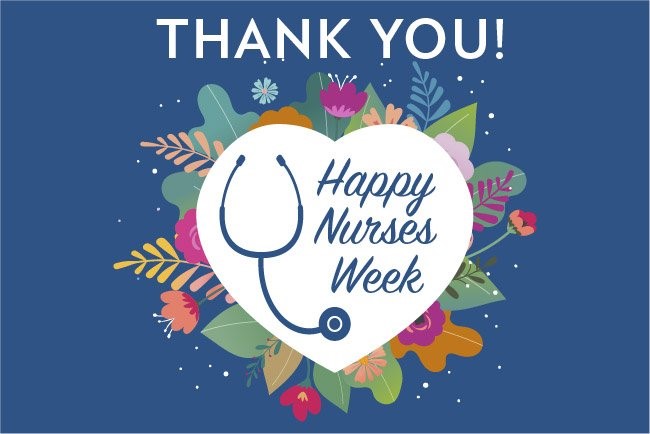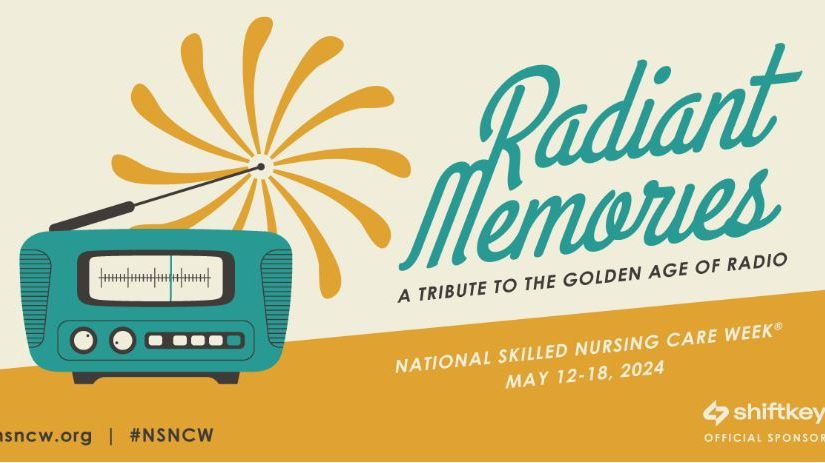The American Health Care Association/National Center for Assisted Living’s Gero Nurse Prep course significantly increases RNs’ gerontological nursing competency test scores. Registrants can save $200 on Gero Nurse Prep through June 15, 2024 with promo code RNPATH24 (all caps).
Research conducted by AHCA/NCAL in 2023 finds compelling reasons to consider the Gero Nurse Prep course and ANCC Board certification for RNs. Nursing facilities with at least one ANCC Board certified RN experienced:
- Lower rehospitalization rates for short stay and long stay residents
- Fewer deficiencies on average
- Fewer Immediate Jeopardy (IJ) citations
- More stars — twice as likely to be a CMS 5-Star facility (44% versus 19%)
Gero Nurse Prep makes a big difference even for those RNs who are not interested in pursuing ANCC Board certification. Nurses who complete Gero Nurse Prep show an average 24 percent increase between their pre- and post-course test scores. Quite simply, Gero Nurse Prep delivers smarter RNs who are better prepared to deliver competent geriatric nursing care in skilled nursing and assisted living settings. Both two-year RNs and BSNs can take the Gero Nurse Prep course and sit for the ANCC exam.
RNs have one year to complete Gero Nurse Prep and earn 30 quality nursing contact hours – enough to meet the criteria for taking the ANCC certification exam. Gero Nurse Prep grads who choose to sit for the ANCC gerontological nursing certification exam ($395 separate fee paid to ANCC) have a pass rate of 94% on their first try. RNs who pass the ANCC exam can then use the GERO-BC™ credential after their RN credential.
Watch this
video or visit the website at
geronurseprep.com to learn more. And don’t forget to use the
RNPATH24 promo code when registering by June 15 to save $200 off the regular $790 Gero Nurse Prep registration fee.








